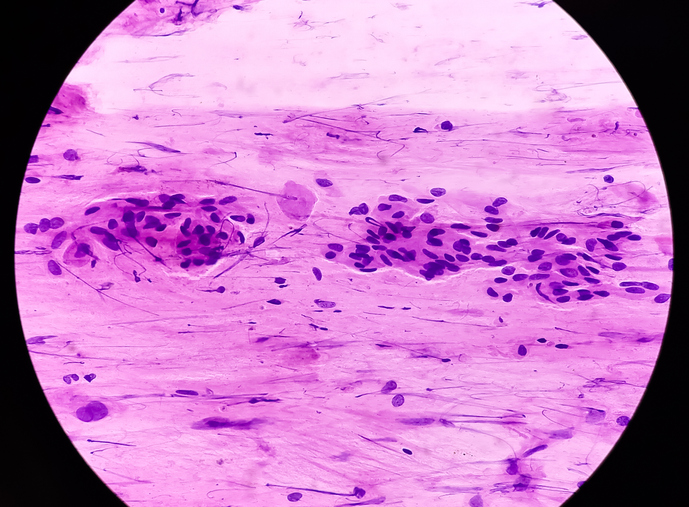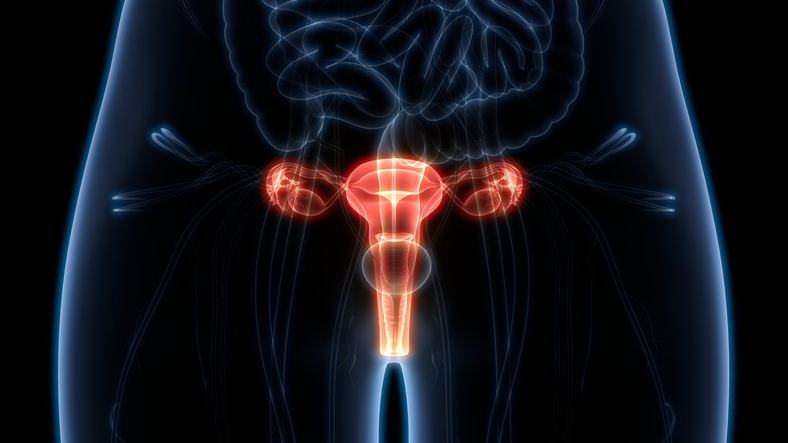
Using systematic review and meta-analysis, a group of researchers aimed to examine the pooled accuracy, sensitivity, and specificity of artificial intelligence (AI)–assisted cervical cytology screening and colposcopy for cervical intraepithelial neoplasia and cervical cancer screening. Results were published in EClinicalMedicine.
The researchers searched PubMed, Embase, and Cochrane Library databases for studies published between January 1, 1986, and August 31, 2024; 77 studies met the eligibility criteria after a full-text review. The performances of AI and experienced colposcopists were assessed via the area under the receiver operating characteristic curve in terms of sensitivity, specificity, accuracy, positive predictive value (PPV), and negative predictive value (NPV) through random effects models.
Pooled diagnostic parameters of AI-assisted cervical cytology via Pap smear showed:
- 94% accuracy (95% CI, 92-96)
- 95% sensitivity (95% CI, 91-98)
- 94% specificity (95% CI, 89-97)
- 88% PPV (95% CI, 78-96)
- 95% NPV (95% CI, 89-99)
For AI-assisted cervical cytology via ThinPrep Pap test, pooled results showed:
- 90% accuracy (95% CI, 85-94)
- 97% sensitivity (95% CI, 95-99)
- 94% specificity (95% CI, 85-98)
- 84% PPV (95% CI, 64-98)
- 96% NPV (95% CI, 94-98)
In addition to the primary analysis, subgroup analyses of multiple diagnostic performance metrics in high-income versus low- and middle-income countries were conducted and revealed that for AI-assisted cervical cytology diagnosis, certain performance indicators were superior in high-income countries to those in low- and middle-income countries. Compared with experienced colposcopists, AI demonstrated superior accuracy (odds ratio, 1.75; 95% CI, 1.33-2.31; P<.0001; I2=93%).
“These results underscore the potential and practical value of AI in preventing and enabling early diagnosis of cervical cancer. Further research should support the development of AI for cervical cancer screening, including in low- and middle-income countries with limited resources,” the researchers concluded.
Source







 © 2025 Mashup Media, LLC, a Formedics Property. All Rights Reserved.
© 2025 Mashup Media, LLC, a Formedics Property. All Rights Reserved.